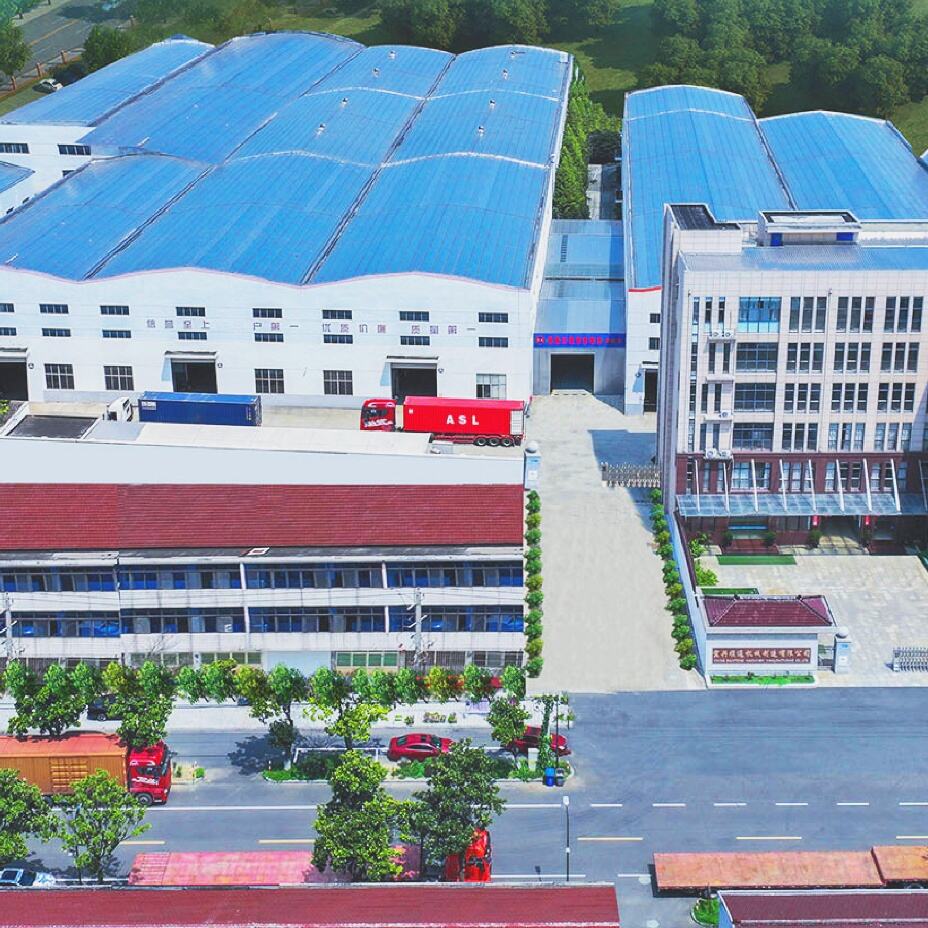Shade Nets Machine: A Pivotal Tool for Crop Protection, Urban Comfort, and Sustainable Practices
The shade nets machine holds critical significance for modern agriculture, directly addressing the threat of extreme sunlight to crop health and yields. Traditional farming often struggles with sunburn, heat stress, and excessive water evaporation—issues that reduce quality for fruits, vegetables, and cash crops like tea or coffee. The machine produces specialized shade nets with adjustable density (from 30% to 90% shade rate), allowing farmers to tailor light exposure to specific crops. These nets not only shield plants from harsh UV rays but also maintain cooler microclimates, reducing irrigation needs by up to 30%. For smallholders and large agribusinesses alike, this translates to more stable harvests, lower input costs, and stronger resilience against climate change—making the machine a cornerstone of efficient, climate-smart farming.
Beyond agriculture, the machine’s significance extends to urban greening and residential/commercial spaces, where it enables comfortable, low-maintenance outdoor environments. Urban areas face rising heat islands, and public parks, rooftop gardens, or commercial patios often lack natural shade. The shade nets machine solves this by producing lightweight, durable nets that can be installed over seating areas, nursery beds, or greenhouse structures. These nets block glare without blocking air flow, creating cooler spots for recreation or plant growth. Additionally, the machine supports customization—nets can be made in various colors or sizes to match landscape designs, making them ideal for landscaping companies, property managers, and homeowners. This not only enhances quality of life but also reduces the energy demand for outdoor cooling, contributing to greener cities.
The machine also carries key significance in advancing global sustainability goals, aligning with the shift toward eco-friendly production and resource conservation. Many shade nets produced by the machine are made from recycled polyethylene or biodegradable materials, reducing plastic waste compared to traditional shading solutions. By enabling efficient, large-scale production of these sustainable nets, the machine helps manufacturers meet growing demand for green products. Furthermore, the long lifespan of machine-made shade nets (5–8 years) minimizes replacement frequency, cutting down on material consumption. For businesses in the agricultural or landscaping supply chain, this means tapping into the $10+ billion global sustainable agriculture market while reducing their environmental footprint—turning sustainability into a competitive advantage.

